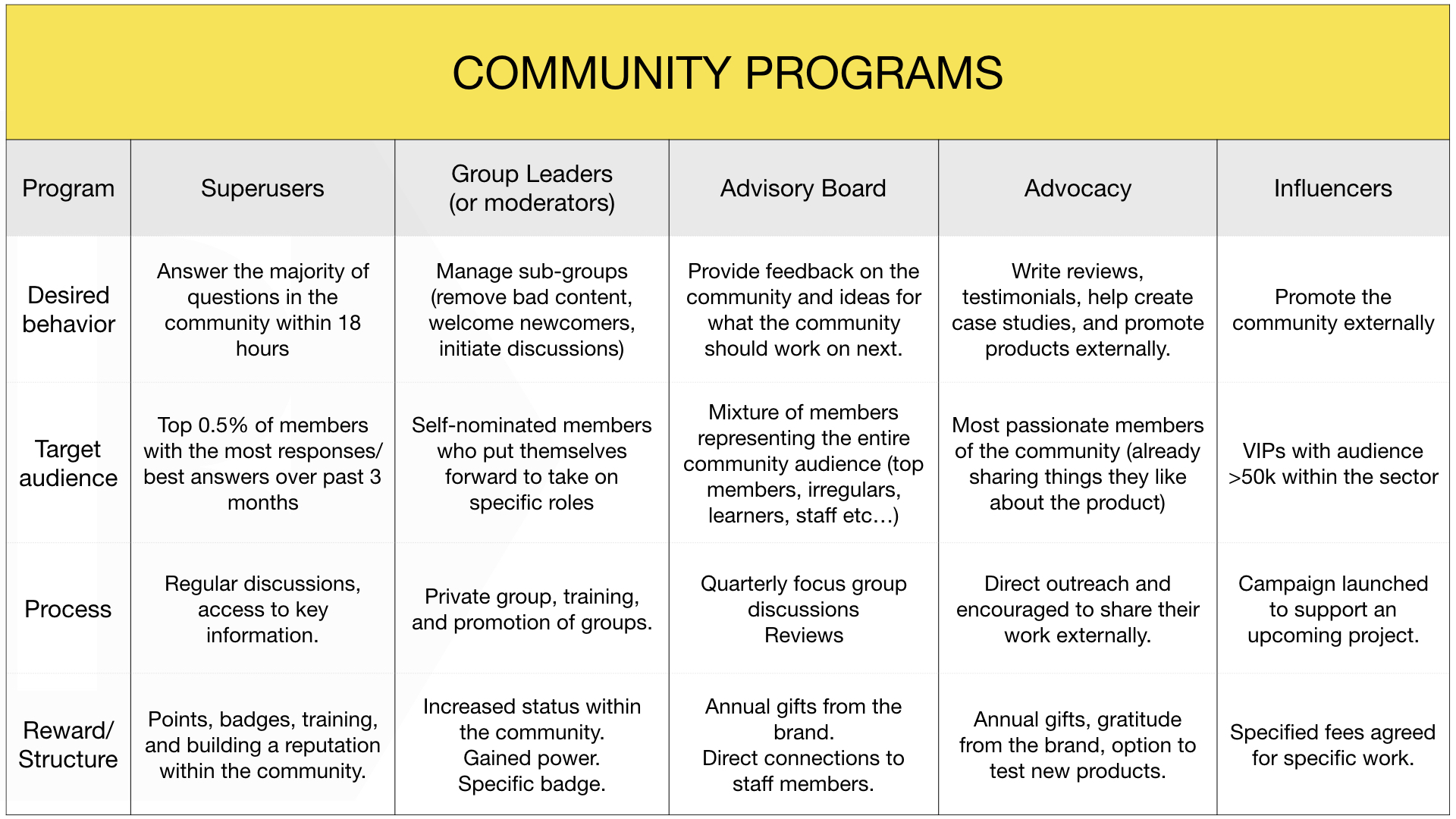Commeraative programs have long been a cornerstone in preserving history, celebrating milestones, and fostering community pride. These initiatives, ranging from commemorative events to specialized educational programs, serve as powerful tools in connecting people with their shared heritage. Whether organized by governments, educational institutions, or private corporations, commemoration programs play a vital role in highlighting the significance of past achievements and events, thus shaping a better understanding of societal progress.
In today’s fast-paced, ever-evolving world, the importance of remembering and honoring key milestones cannot be overstated. Commeraative programs offer a structured approach to acknowledging historical, cultural, or social events that have left an indelible mark on communities. Through creative formats like exhibitions, workshops, and publications, these initiatives offer participants a chance to reflect, learn, and engage with stories that define collective identities. Their role goes beyond mere celebration, extending into education, reconciliation, and fostering a sense of belonging.
But what makes commemoration programs so impactful? How are they planned, and what benefits do they bring to individuals and society as a whole? This article delves deep into the world of commemoration programs, providing a comprehensive understanding of their purpose, various types, and the ways they contribute to cultural enrichment. Whether you're an educator, policymaker, or simply someone interested in honoring meaningful events, this guide will serve as your go-to resource for everything related to commemoration programs.
Table of Contents
- What Are Commeraative Programs?
- History and Evolution of Commeraative Programs
- Key Elements of Successful Programs
- Types of Commeraative Programs
- Role of Government in Commeraative Programs
- Importance in Education
- Cultural Impact and Significance
- How to Plan and Execute
- Digital Transformation of Commeraative Programs
- Case Studies of Successful Programs
- Measuring Impact and Success
- Challenges and Solutions
- Future Trends in Commeraative Programs
- FAQs
- Conclusion
What Are Commeraative Programs?
Commeraative programs are structured initiatives designed to honor and celebrate significant events, individuals, or milestones in history. These programs often include a blend of activities such as ceremonies, public events, exhibitions, and educational initiatives aimed at preserving memories and fostering community engagement. By providing a platform to reflect on past achievements, commemoration programs help societies maintain a connection with their roots while inspiring future generations.
Though diverse in scope and scale, most commemoration programs share common objectives: to educate, celebrate, and unite. Whether marking national holidays, historical anniversaries, or individual achievements, these programs provide an opportunity to highlight the values, struggles, and triumphs that have shaped collective identities.
Through the years, commemoration programs have evolved significantly, adopting modern technology and creative approaches to reach a broader audience. Their role in promoting cultural awareness and historical education has expanded, making them indispensable tools for both individuals and organizations seeking to make a lasting impact.
History and Evolution of Commeraative Programs
[Content Will Be Written Here]
Key Elements of Successful Programs
[Content Will Be Written Here]
Types of Commeraative Programs
[Content Will Be Written Here]
Role of Government in Commeraative Programs
[Content Will Be Written Here]
Importance in Education
[Content Will Be Written Here]
Cultural Impact and Significance
[Content Will Be Written Here]
How to Plan and Execute
[Content Will Be Written Here]
Digital Transformation of Commeraative Programs
[Content Will Be Written Here]
Case Studies of Successful Programs
[Content Will Be Written Here]
Measuring Impact and Success
[Content Will Be Written Here]
Challenges and Solutions
[Content Will Be Written Here]
Future Trends in Commeraative Programs
[Content Will Be Written Here]
FAQs
1. What is the primary purpose of commemoration programs?
The primary purpose is to honor significant events, individuals, or milestones, fostering community engagement and historical awareness.
2. Who can organize a commemoration program?
Governments, educational institutions, private organizations, and even individuals can organize these programs, depending on the scale and purpose.
3. How do digital tools enhance commemoration programs?
Digital tools make programs accessible to a global audience through online events, virtual tours, and interactive content, enhancing engagement.
4. Are commemoration programs only about historical events?
No, they can celebrate a variety of milestones, including cultural achievements, individual contributions, and community initiatives.
5. What are some examples of successful commemoration programs?
Examples include the bicentennial celebrations in the U.S., Holocaust Memorial Day events, and UNESCO World Heritage promotions.
6. How can organizations measure the success of their programs?
Through participant feedback, media coverage, and engagement metrics such as attendance numbers and social media interactions.
Conclusion
Commeraative programs serve as vital instruments in connecting communities, preserving history, and fostering cultural appreciation. By honoring the past and inspiring the future, they create opportunities for education, reflection, and unity. Whether you're planning a small-scale event or a nationally recognized initiative, understanding the nuances of commemoration programs can help you achieve meaningful, long-lasting impact.
You Might Also Like
All You Need To Know About 2fl Oz: Measurements, Uses, And ApplicationsRosetta DnD: The Ultimate Guide To A Revolutionary Dungeons And Dragons Tool
Everything You Need To Know About The Ml Syringe: Types, Uses, And Benefits
The Meaning And Power Of 28 Numerology In Life And Destiny
Late Posted: Causes, Impact, And Solutions For Timely Execution
Article Recommendations
- Exploring The Intriguing Journey Of Edward Dellingwilliams And His Net Worth
- Montana Of 300 Wife A Closer Look At His Personal Life
- All About Heather Rae Young From Birth To Stardom

